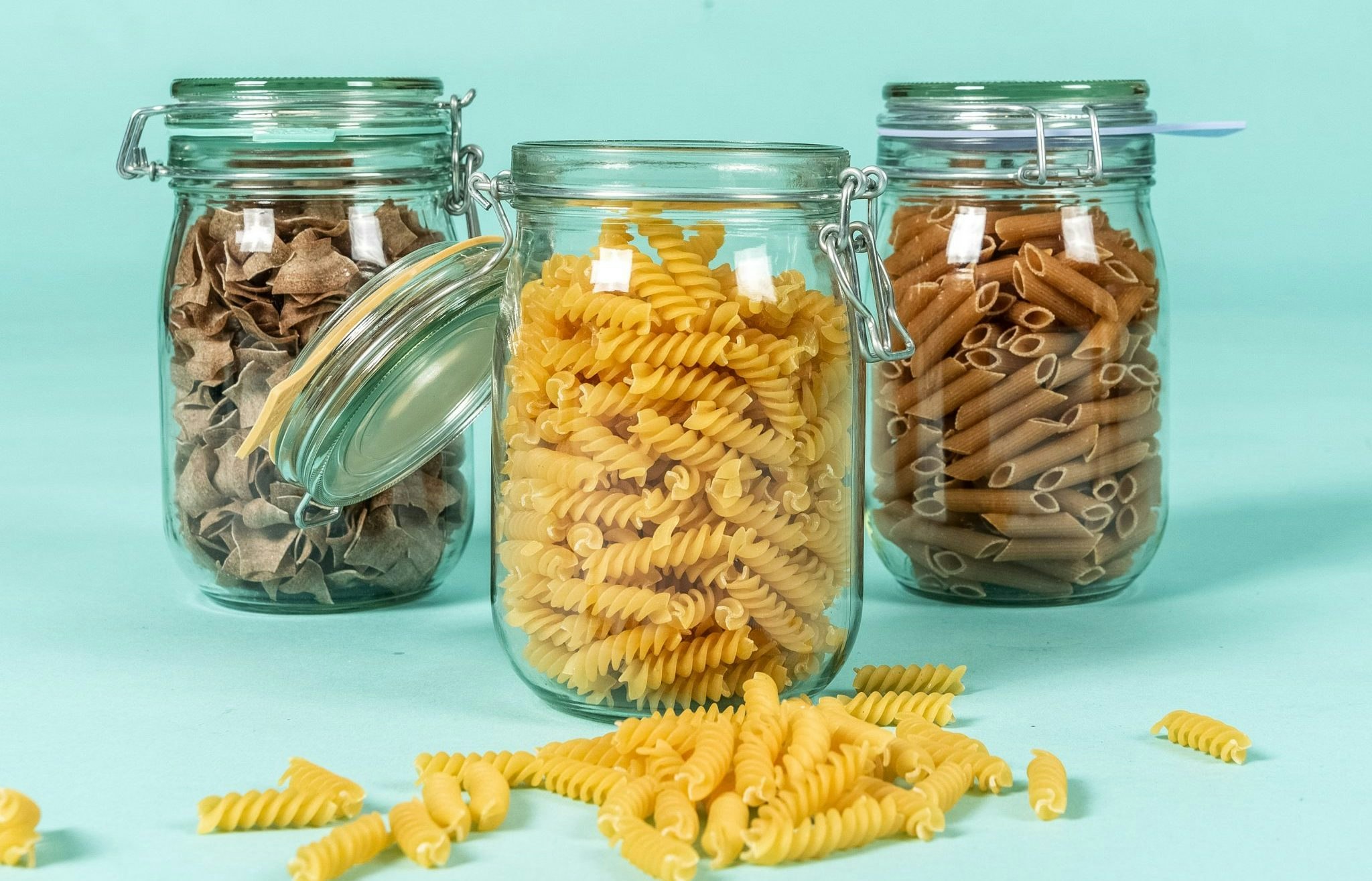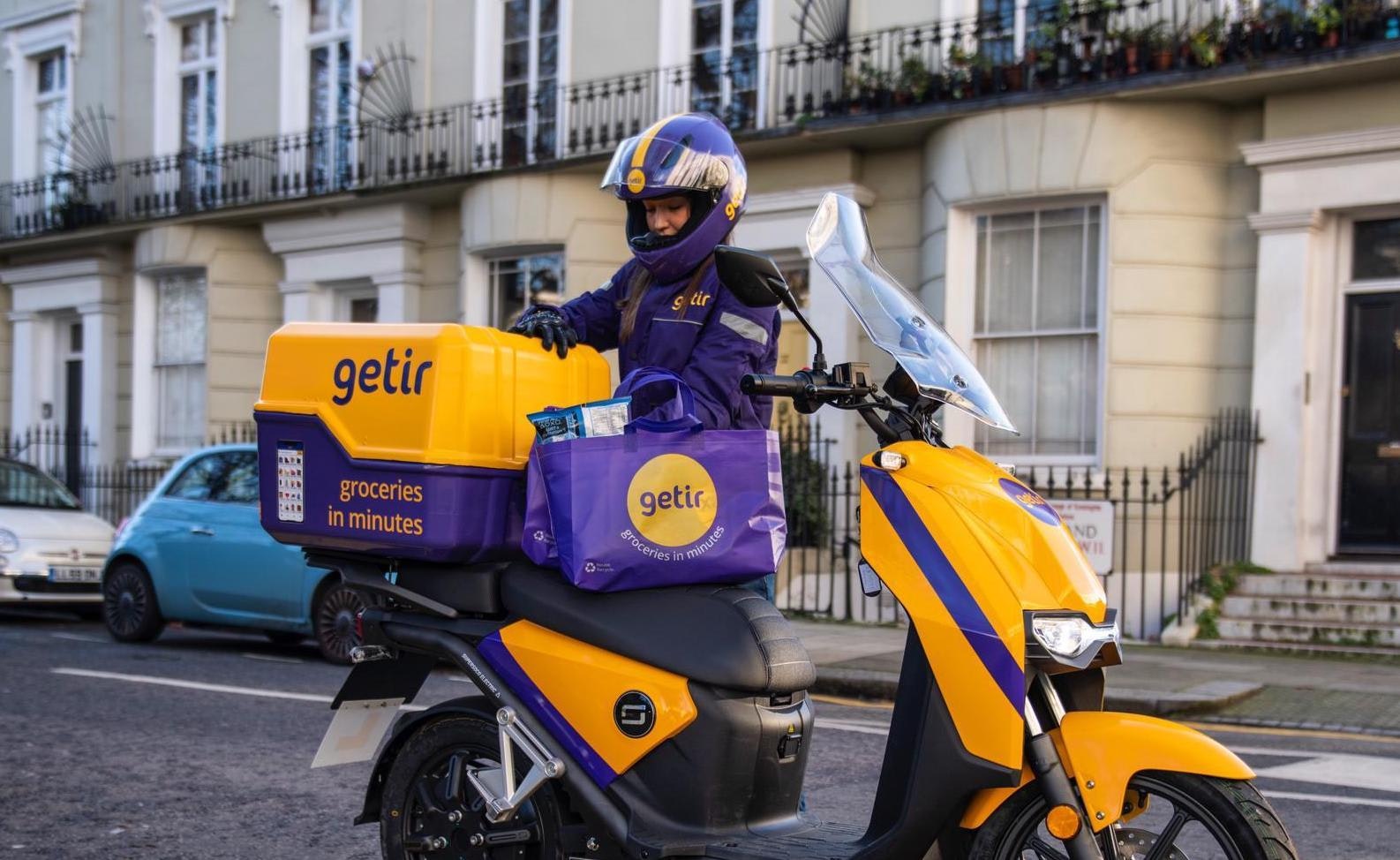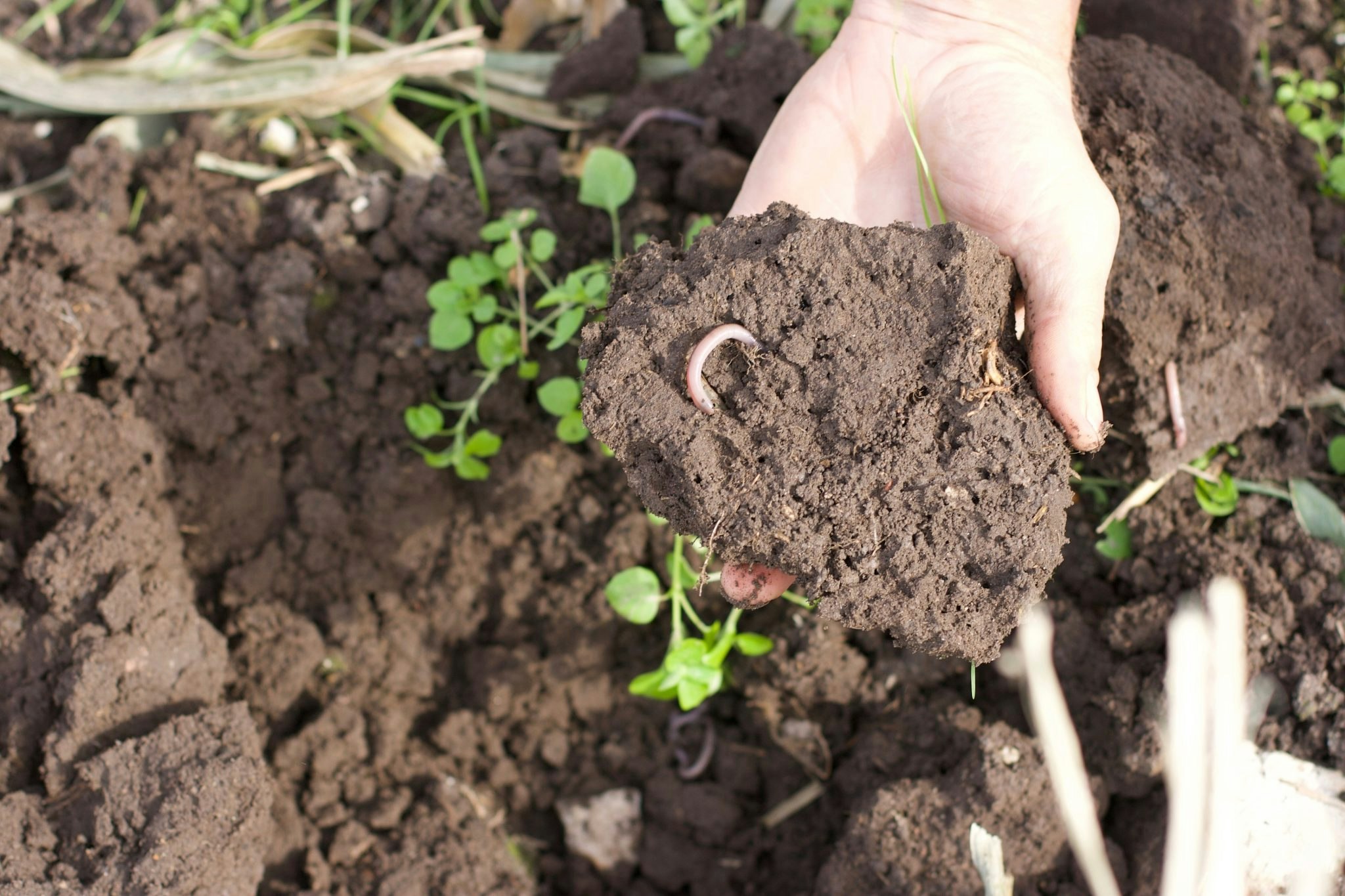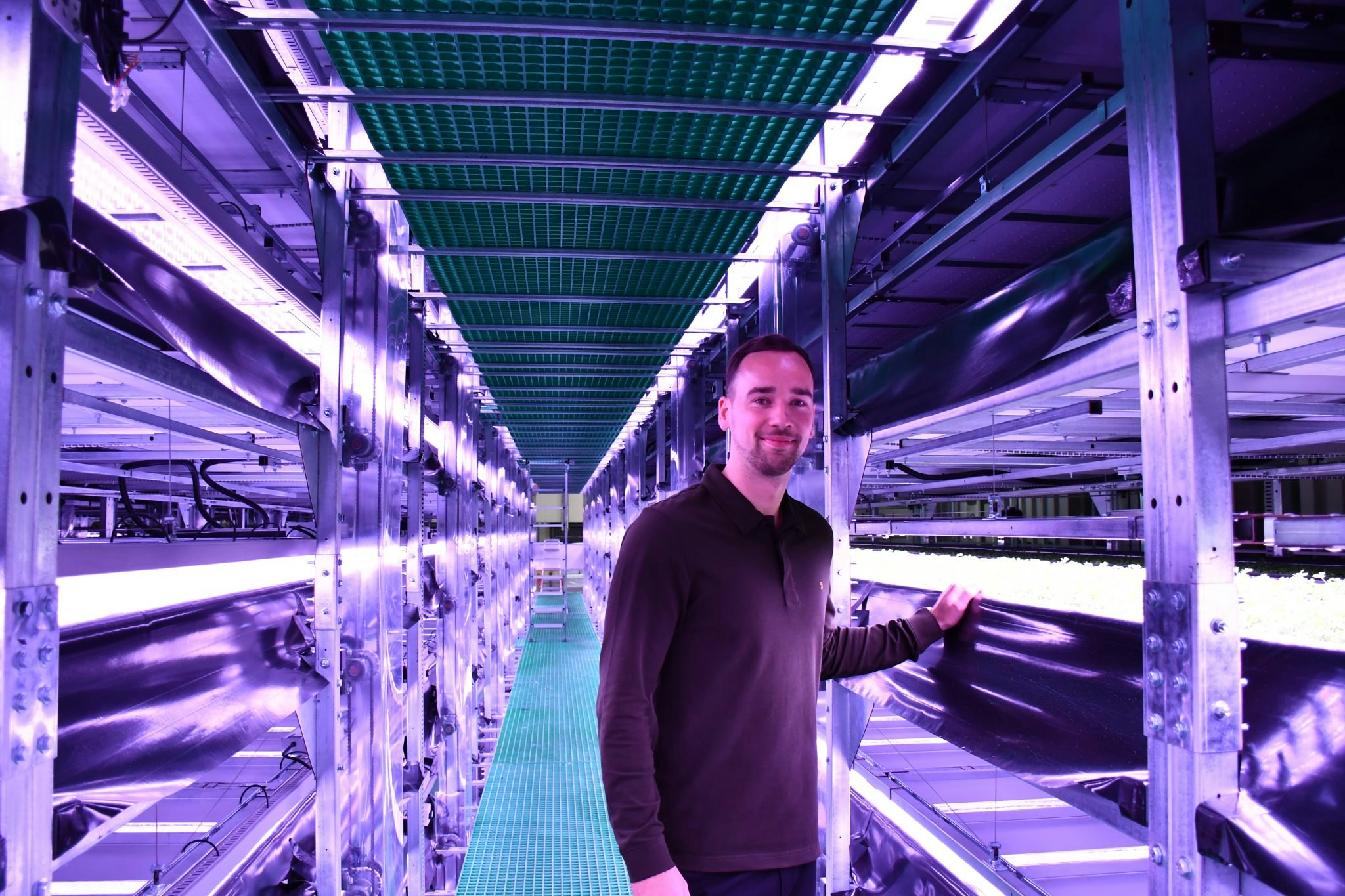2021 has been the year of speedy grocery delivery in Europe. But like most things that are fast and convenient, speedy grocery isn't that great for the planet.
But Dutch startup Pieter Pot thinks it can help the industry solve its sustainability problem.
The company runs a zero-waste, circular economy grocery delivery service — and it’s also building the infrastructure for other companies to do the same. The secret? Reusable packaging, bulk sourcing and taking it a bit slower than the competition.
The Rotterdam-based startup just raised a €9m seed round to expand its service across Europe. ETF Partners led the round, alongside existing investors SHIFT Invest, the Future Food Fund and IQ Capital.
The company, founded in 2019, is active across the whole of the Netherlands and parts of Belgium. It’s planning to expand to markets like the UK, France, Germany and Scandinavia soon.
How Pieter Pot works
“We want to make it more easy, attractive and seductive to do your groceries without packaging, because I don’t think anyone is happy with all the single-use plastic that’s used,” says Jouri Schoemaker, founder of Pieter Pot.
Customers order online and get their groceries delivered in reusable jars. When their next order comes, the drivers collect the empty jars and the customers get their deposits back as credit to their account, which they can use for the next order. The jars are reused at least 40 times.
Compare that with other grocery services. Some companies use plastic-free packaging but it’s not the case for all of them, and it’s not the case for every product. Traditional grocery stores are also often heavily reliant on single-use plastics.
Some of the company’s most popular products include things like grains, nuts, olive oil and peanut butter. “Chocolate sprinkles are also very, very popular,” says Schoemaker.
Pieter Pot is making the supply chain circular too. “We always source in bulk,” Schoemaker says. “For example, we get olive oil in a tank of 1,000 litres, and that’s also returned to the producer and gets refilled.”
Speed doesn't always win
Pieter Pot currently offers next-day delivery. Asked if it’ll ever try to compete with companies offering 15 or 20-minute delivery, Schoemaker says it’s important to focus on solving one problem at a time.
“We are not experts in distribution, where it's all about density and extreme logistics of the last mile, so we leave that to others,” he says. (Making the delivery process greener is something experts say is critical to improving the sustainability of grocery delivery.)

Pieter Pot currently uses PostNL, the biggest delivery company in the Netherlands. It uses electric vehicles in Amsterdam and is planning on making that the case across the whole of the country soon.
Pieter Pot also has a minimum order value, which raises the sustainability of its model by reducing the average miles travelled per item.
Making zero-waste affordable
Zero-waste stores have a reputation for being more expensive than the average supermarket. Schoemaker says, however, that for an average basket Pieter Pot works out the same as mainstream supermarkets.
That’s because, instead of brands or packaging companies taking a cut, Pieter Pot does the branding and packaging itself, taking the products directly from producers and meaning it can sell at a lower price.
The Tesla of grocery?
The goal of Pieter Pot isn’t to run only one circular grocery store, though. The company wants to change the packaging system across the whole food industry.
“We could have invested in designing a new jar new system and then knocking on the doors of the big FMCGs (fast moving consumer goods companies),” Schoemaker says.
“But we thought, no, let's create it ourselves to show the market demand and then these companies hopefully knock on our door. And that’s happening.”
The company is in discussions with Unilever and PepsiCo to deliver their products through Pieter Pot, but also to use the infrastructure the company has created to change their own internal delivery systems.
It's already working with Heinz to deliver ketchup, mayonnaise and the very popular chocolate sprinkles. The two companies are now trying to make Heinz's supply chain more circular too.
In building an infrastructure blueprint for sustainable delivery, Pieter Pot says it is hoping to do something a bit like what Elon Musk did with the blueprint for the electric car.
“When Elon Musk made Tesla, he made cars but he also created the blueprint for electric vehicles and made it open source, so the whole system started on electric cars,” says Schoemaker. Offering a blueprint prompted the whole car industry to move towards sustainability, he says.
That is what Pieter Pot plans to do: to show that zero waste, circular economy packaging works, and show the industry a blueprint which it hopes it will follow.


